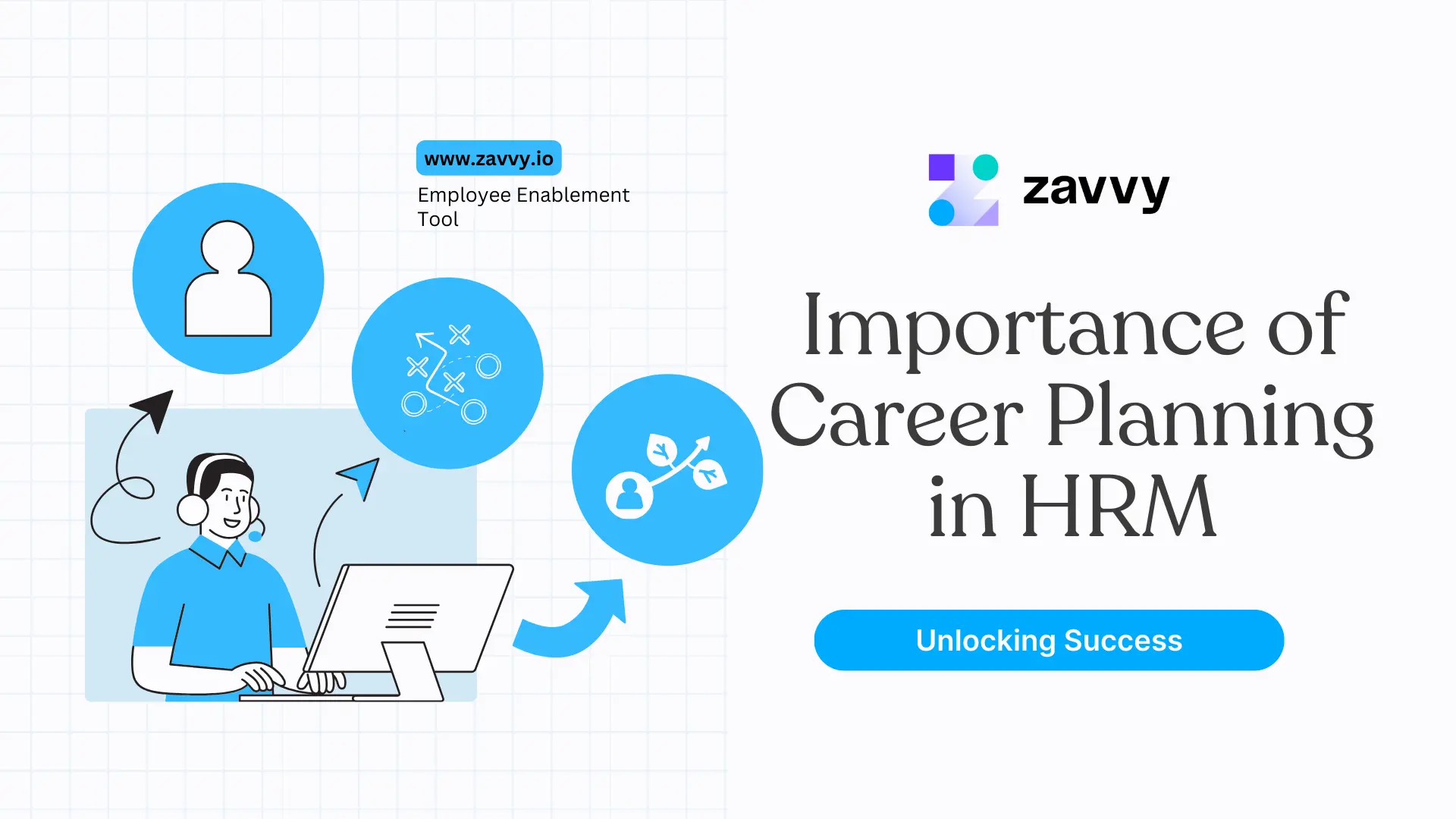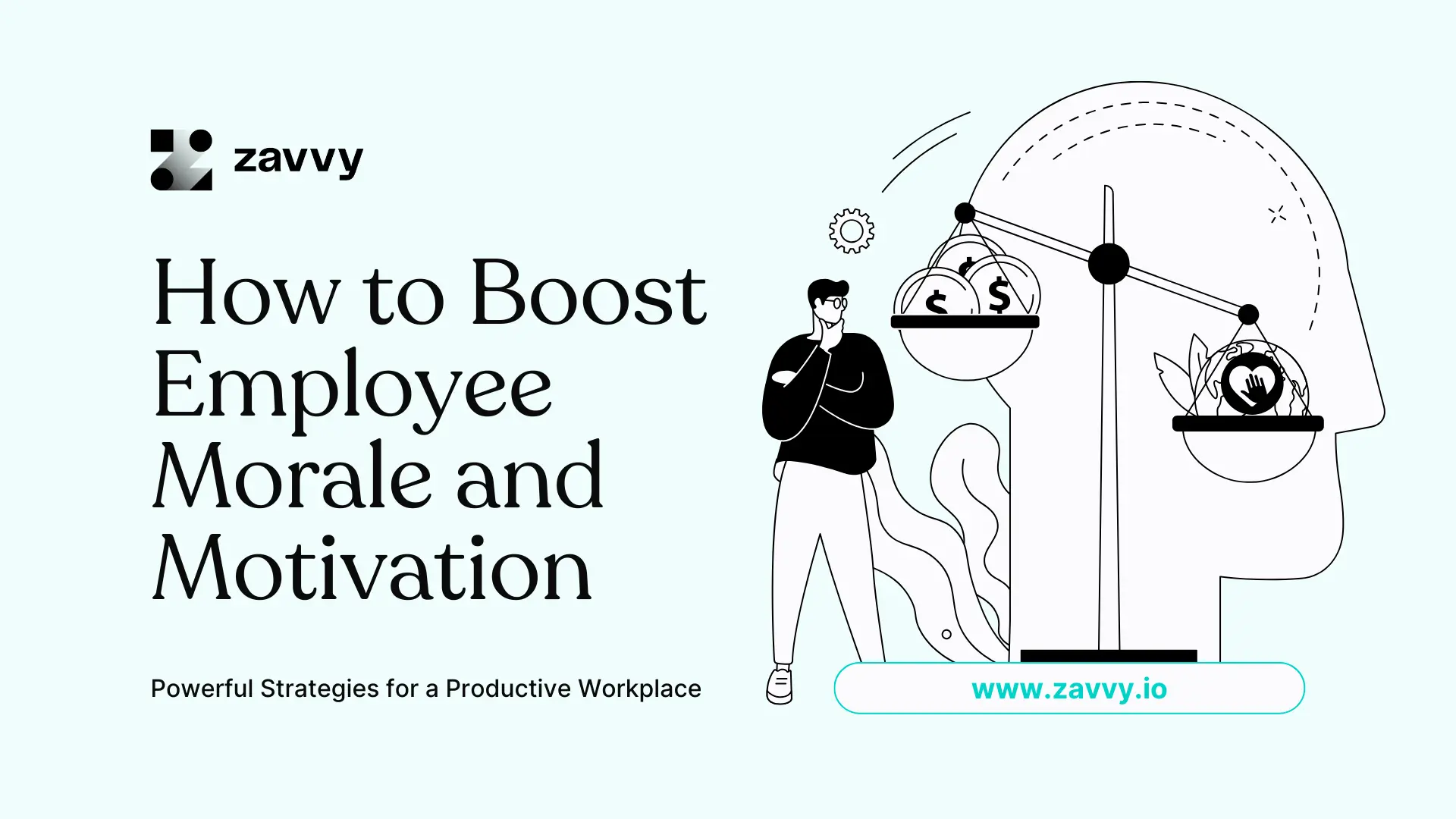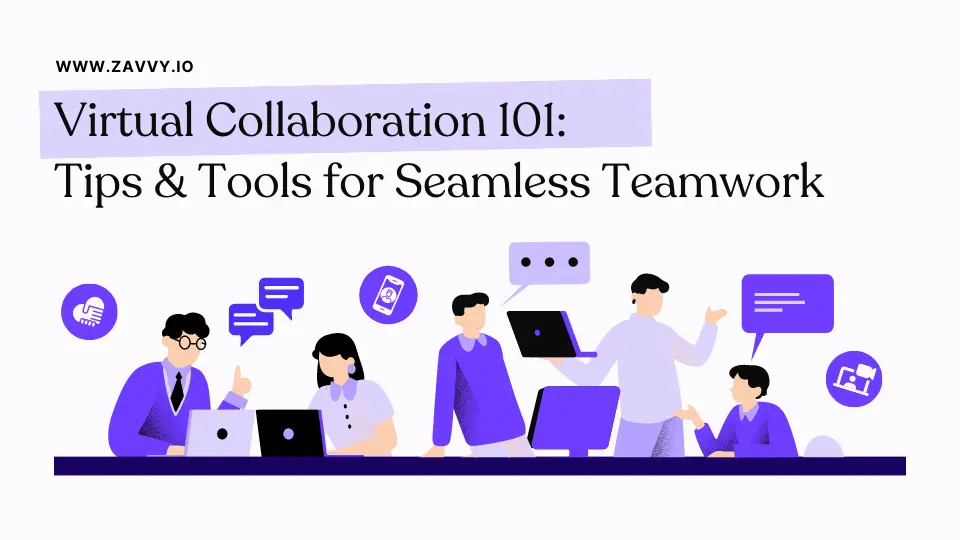
Probation Period Review Guide For HR Managers
Zuletzt aktualisiert:
23.1.2024
Lesezeit:
8 minutes
última actualización
23.1.2024
tiempo de lectura
8 minutes
Last updated:
January 23, 2024
Time to read:
8 minutes

As an HR manager, a probation period review gives you leverage when hiring recruits. You get to assess their capabilities before fully committing to having them around.
Employees, in turn, get a good look at their role and the company's culture and employment policies. They can also draw their own conclusions and decide whether or not to go for the long game in your organization.
But what should you do and ask during your one-on-one meetings and final probation period review with the new hires?
Find out the top practices and questions needed to establish a successful probation review and why it's necessary to have one in any company below.

🔄 What are probation reviews?
At the end of every probation period, it is customary for HR managers to meet with their new hires in a formal review or one-on-one probation meeting, known as a probation period review. It aims to assess their progress and fit for the company, regardless if they get accepted for the role.
However, before the probation period review, new hires must undergo an orientation and onboarding to prepare them for success in their new roles.
Well-designed orientation and onboarding processes will prepare employees to ace their probation period. So make sure you don't let your employees down.
A well-designed process should consider the following key points:
- their role clarity and responsibilities in the company,
- their expected tasks and duties,
- their success metrics,
- their job training and development needs, and
- the necessary details regarding their probationary period.

Besides this, regular check-in meetings with your new employees during this review period can achieve a faster new hire time to productivity.
➡️ Don't know how to assist and support your new employees? Explore our new hire training checklist for some tips.
❗️ Why do probation reviews matter?
Since a probationary period usually takes three to six months, HR managers get enough time to determine if an employee on probation is a good fit for the position and the workplace.
Meanwhile, new hires also get a sense of their teams, roles, and responsibilities in the company and compare them to their expectations. Tip: Many new hires will also check if you can provide constructive new employee feedback and if there will be career growth opportunities in your organization.
However, probation period reviews don't automatically mean new hires get to stay in the company.
They can have a negative employee experience or fail to meet your requirements. But in instances like this, the burden may fall under the HR manager's hands.
Ask yourself the following questions:
- Did you provide them with enough guidance and training during the probationary period?
- Did you provide them with constructive feedback to further improve themselves before the final formal probation review meeting?
- Were you able to explain their performance expectations, roles, and responsibilities during the orientation and onboarding?

Tip #1 When something goes wrong in their probationary period, you can still gain insights on what you can improve with your current orientation and onboarding practices. You can consider using an exit interview for unsuccessful probation reviewees.
Tip #2: Be sure to revise your processes to prevent the same experiences for new hires in the future.
💡 7 Tips for conducting a probation review meeting
Here's an outline of proven techniques for a fruitful probation period review.

1. Establish the timeline for the probation review period
New employees must know all relevant details and timelines concerning their probationary period. We recommend having an employee check in once a month throughout the three or six months they're with you.
Tip: Holding a performance review during probation gives your new hires a relative idea of their performance. It can help them improve further before their last review at the end of their probationary period.
2. Prepare a set of performance review questions
Each question you prepare for the employees' performance review should heavily reflect your company culture and values. Doing this can help you identify whether they fit well within the workplace.
You should also assess their ability to work within a team and their employee performance in their starting role. You can have qualitative and quantitative questions to gain a broader perspective on your new employees' journeys.
3. Decide who should be involved in the performance reviews
It's better to approach performance reviews holistically to get a better grip on the performances of your new hires. Besides their immediate supervisors, you can also ask for feedback from colleagues and peer review.
We recommend running a 360° review process to minimize bias and gain a clearer perspective of their work ethic and adaptability. A 360 degree review includes assessments by peers, supervisors, and self-evaluation.

4. Send out invites to participants with a set deadline
When you're all set for the interview, send invites to all necessary participants and give them a set deadline. Provide them ample time to accomplish the performance reviews. You can use digital tools like Zavvy for this endeavor.
5. Invite the employee to fill in a self-review survey
It's best to have multiple perspectives in assessing the employee's performance. And that includes asking them to fill out a self-review survey.
You can create different questions or use the same questions sent out to their peers and mentors. Having a self-review will help you gain more insights into how they view your company and their growth opportunities with you.
➡️ Discover the best self-evaluation questions to have in your self-review survey.
6. Conduct a meeting to discuss and present the probation period review results
This meeting will be the conclusion to the probation. You will review expectations, success, and performance.
You can discuss any feedback from the new hire's colleagues and supervisors. But make sure the tone of the probation review meeting is welcoming and constructive.
7. Moving forward
You can set follow-up meetings for successful reviewees to discuss the new employee's performance review. Here, you can focus on their career goals and development expectations for the next few months. These must be actionable to encourage their growth and development.
🕖 What happens after a probation review meeting?
At the end of the probation review meeting, each new hire will know whether they've passed or failed the probationary period. In extraordinary instances, you can extend their probation if they don't fully meet your performance expectations and requirements.
If a recruit fails, use this as a chance for employees to give valuable insights regarding their experience. Plus, you can use their formal feedback on your new hire onboarding survey to improve your current practices.
If a recruit exceeds expectations, ask them how you can help them grow in their position and the company. Assist them in their development plan after their probationary period.
If a recruit meets some of your requirements and expectations, you can give them additional time to prove themselves by extending their probationary period. They can use this time to improve themselves further and show how fit and valuable they are to the company.
❓ 10 probation review questions all managers should ask their new hires
Always document your one-on-one meetings and ask open-ended questions to obtain valuable insights.
Here are some of the best questions you can incorporate into your review after the probation period:
- What is something you're proud of for the past x months in the company? Describe it.
- How would you rate your performance? Why?
- What are your strengths? Where do you think you can improve?
- Did you enjoy doing your tasks and responsibilities? Why (not)?
- Did you understand your job description and requirements before your probationary reviews?
- Did we meet your expectations?
- What additional training and support do you need from us to continue your job?
- What were some challenges you experienced during your probationary period?
- How do you see yourself in the next six months? Twelve months?
- Do you have any concerns that you want to bring up?

Once you've asked these questions, provide a detailed and constructive probation period performance review to your new hires. Doing this can help them further improve themselves.
➡️ Grow your workforce with Zavvy
Probation period reviews are essential in any company. They provide valuable insights to HR managers and new hires alike.
A successful probation period review can also hint that your onboarding process gives your new employees the knowledge they need and sets the right expectation.
Our 360° feedback software will help you collect tons of insights from your current staff and new hires.
Let Zavvy help you go the extra mile in setting up automated reviews and developing your new hires for the long term.
Reach out for a free 30 minutes demo with our specialists.

Read next
Als Nächstes lesen
No items found.
No items found.
.png)
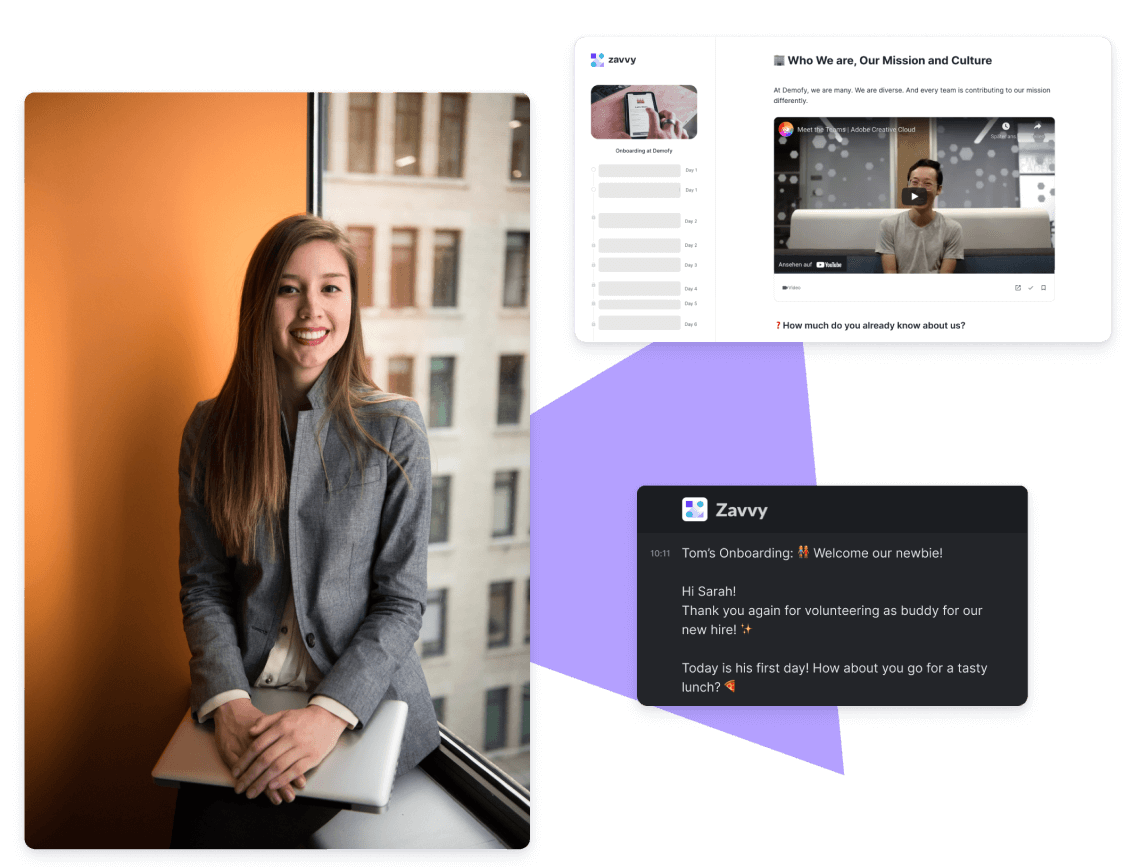



















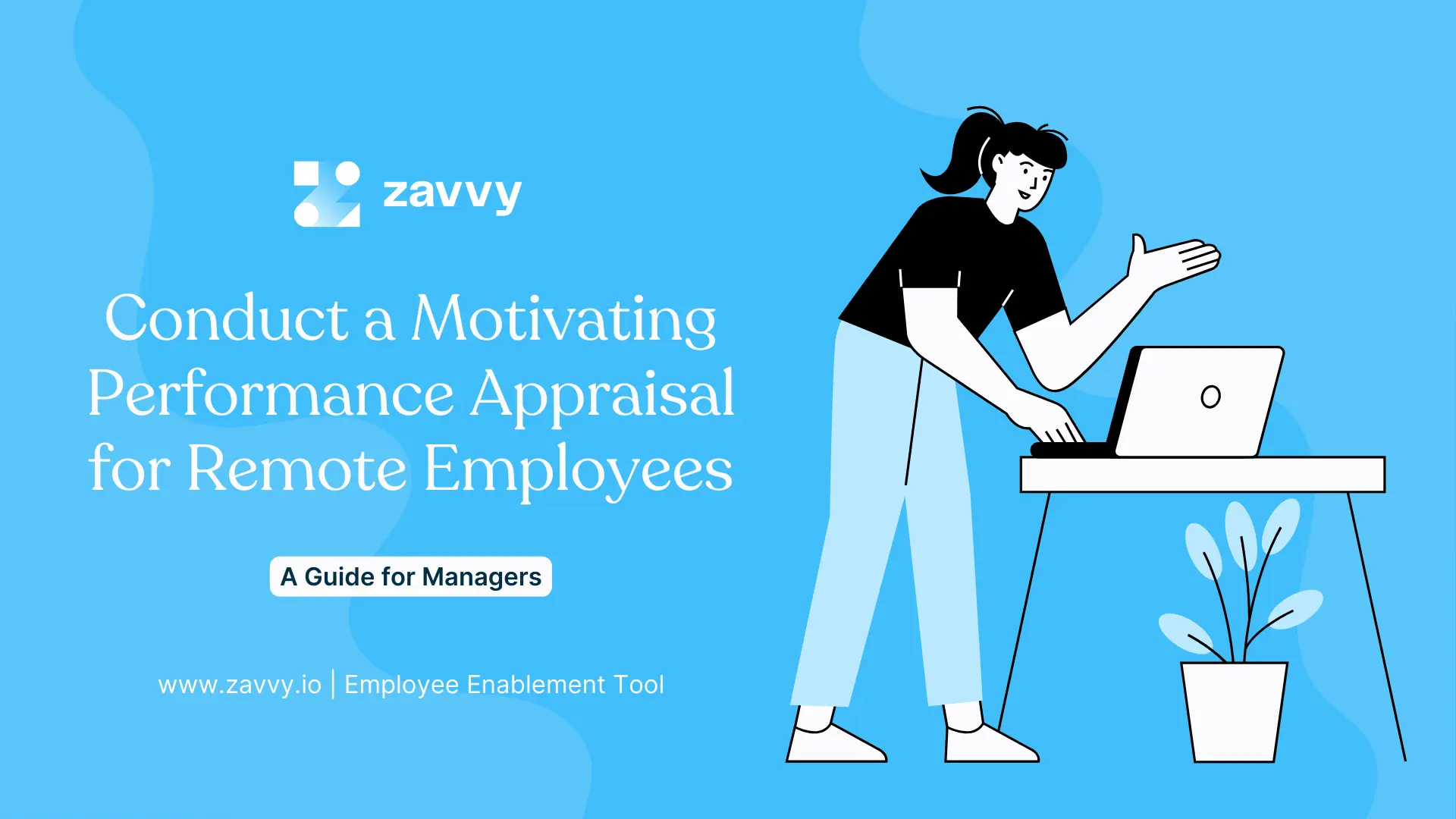
.png)







